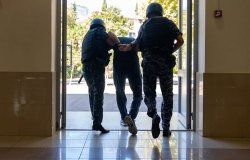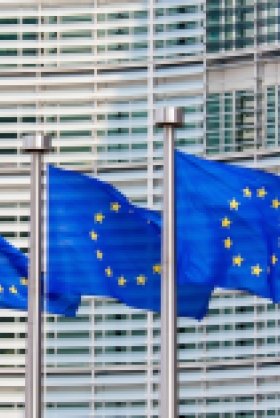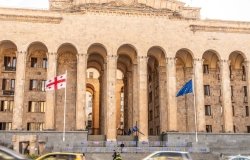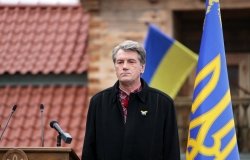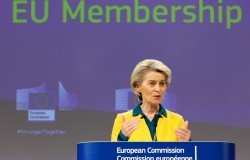Turkey's Failed Coup
The dust is only beginning to settle on the failed coup against President Erdogan's government, which will have significant repercussions for the country's domestic and foreign policies. Join us BY PHONE as two prominent analysts of Turkish politics assess the coup's implications for Turkey's democracy, its regional role and the U.S-Turkish relationship.
Overview
The dust is only beginning to settle on the failed coup against President Erdogan's government, which will have significant repercussions for the country's domestic and foreign policies.
In this conversation, two prominent analysts of Turkish politics assessed the coup's implications for Turkey's democracy, its regional role and the U.S-Turkish relationship.
The TakeawaysOn Friday, July 15th, factions in the Turkish military attempted to seize control of the country while President Recep Tayyip Erdogan was away from Ankara on vacation. The operation was shoddily planned, poorly executed, and eventually steamrolled by forces that remain loyal to the president. Mass public protests also helped to stifle the coup’s efforts, as insurgent military leaders may have misjudged public perceptions of President Erdogan, who remains fairly popular despite recent terror attacks and political fragmentation.
On July 20th, Aaron David Miller, the Wilson Center’s Vice President for New Initiatives, hosted a conversation that explored the recent coup attempt in Turkey. He was joined by Gulnur Aybet, a former Wilson Center fellow who heads the political science and international relations department at Bahçeşehir University in Istanbul, and Henri J. Barkey, director of the Wilson Center’s Middle East Program.
Aybet worries that the Western perceptions of Turkish society are “not just ill-equipped,” but actually “ill-informed.” The Washington echo chamber may be part of the problem, “A lot of Western analysts, they come here, they talk to the people that they have talked to forever, and then they go home,” Aybet explains. An information pipeline fed only by NATO technocrats and other bureaucratic elites severely detracts from U.S.-Turkey relations and policy making.
In a time of great change, she contested, it’s necessary to recognize who the stakeholders in Turkey are: the country’s Western allies. But according to Aybet, “they’re not acting like [it] right now.” Barkey agreed that the whole ordeal ought to function as a wake-up call for the West. It is time that the U.S. and its allies reconsider their notions about the Turkish political climate, because Western governments no longer have the luxury of assuming linear progression in Turkey, he said.
The failed coup will also have long-term economic repercussions, explained Barkey. “Turkey already was suffering from a lack of tourists because of terrorist incidents,” he said. “This is going to be a further blow. Investors are going to think twice about investing, so this will create aftershocks in the system.” In a similar vein, Standard & Poor’s further downgraded Turkish credit, rating it BB with a negative outlook.
Last week’s coup deviated from previous military interventions in that the armed forces targeted civilians and parliament members, rather than singling out high-ranking government officials. Aybet, who spoke on the ground in Istanbul, explained that she was unable to get home for a “tense” three hours during the coup attempt.
Despite the turmoil in the country, Aybet went on to laud the solidarity of the Turkish people in the face of the coup. She describes a bond that has formed—one that stretches across political divides. “The way people took to the streets, this is actually a sort of triumph of people power and democracy over a very dubious, shady organization,” she said. In addition to public demonstrations, the four major Turkish political parties issued a joint statement against the military’s efforts.
“It’s absolutely right to move very swiftly with dealing and eradicating this threat inside the bureaucracy and army, and that’s exactly what’s happening now,” Aybet said. She further called for the U.S. to diversify its engagement with Turkey.
Going forward, the political climate in Turkey remains uncertain. “I think the [Turkish] government itself was surprised by the events,” Barkey said. “I think Turkish politics have changed radically, that Turkish politics is not going to be the same form now on, in part because the military showed it can intervene.”
Speakers
Hosted By

Middle East Program
The Wilson Center’s Middle East Program serves as a crucial resource for the policymaking community and beyond, providing analyses and research that helps inform US foreign policymaking, stimulates public debate, and expands knowledge about issues in the wider Middle East and North Africa (MENA) region. Read more
Thank you for your interest in this event. Please send any feedback or questions to our Events staff.




